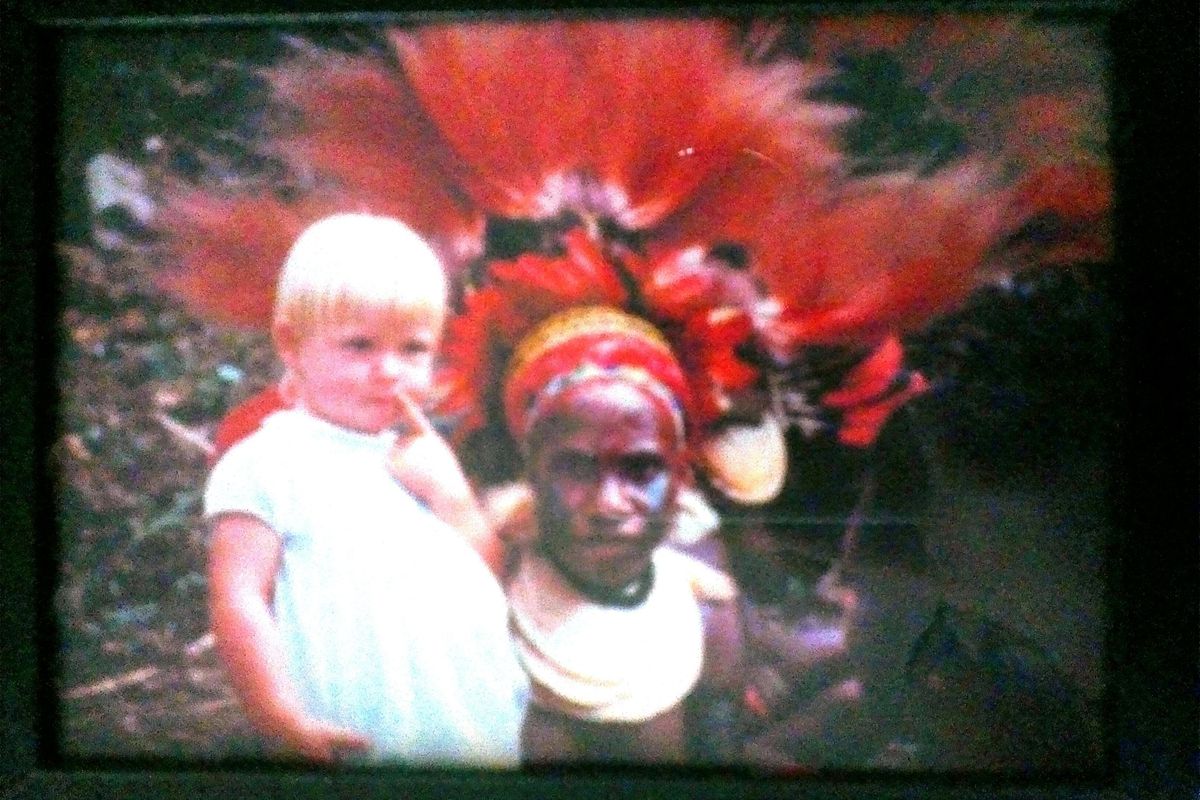It's 100 years since NSW gave women the right to practise law. Through ground-breaking work, Prue Vines has fought for women's rights, sometimes, literally.
In a tiny office tucked away on the second floor of the UNSW Sydney Law building, a cheerful legal academic shuffles masses of paper around to make room. Above the window, the remnants of a child's dream-catcher mobile flutter silently.
"See that cartoon up there?" the lawyer says, grinning mischievously at the Punch Magazine drawing of a boardroom on the opposite wall. "It says, 'That's an excellent suggestion, Miss Triggs. Perhaps one of the men here would like to make it.'"
December marked the 100th anniversary of the Women's Legal Status Act 1918, giving women the right to practise law in NSW but as Prue Vines knows, the long-ago change in legislation did not mark an immediate change in values or access for women to the workplace.
"My mother … when she got married, she went to the bottom of the seniority line. That's how they dealt with it. The generation before her, when you got married you weren't allowed to work anymore."
More than 70 years after the Women's Legal Status Act was passed, Vines began her career at UNSW Law. Despite anti-discrimination legislation in place, forging a career in the law in the 1990s was far from easy.
"I did have a baby with no maternity leave," Vines said. "You see those little things there [she points at the mobile] … those are the leftovers of the mobiles of the baby that came to work at 10 days old with me. That was difficult.
"People would say, 'we're having a meeting at 4:30'. I would have to pick up the children at 5 or 5:30, and I would just say, 'I'm sorry I can't do that, I have an appointment', because I couldn't say I have to go and pick up the children.
'I think humans are hard-wired to think that men are more important.'
When she began her career, only 14 per cent of professors at UNSW were women. Now a UNSW Scientia Professor herself, and Vice-President of the Australian Society of Legal Philosophy, Vines has covered a lot of ground since she ran a private nursery in her office. In the past 28 years she has written fifteen textbooks, gained Life Member honours with the Australasian Law Teachers Association and written the first guide to Aboriginal will-making.
Vines attributes her upbringing in Papua New Guinea (with a teacher for a mother and a doctor for a father) with influencing much of her present success and outlook on life.
"My father was an epidemiologist, he was interested in preventive health. That's very different to a doctor who likes to do the remedy – like surgery or whatever. In the same way, in law, I like to do preventive law."
Her childhood memories of PNG are a tangle of rich tropical sights and sounds and world-stopping events. "I was very much brought up to argue about ideas. The dinner table for us was a discussion-fest. It did drive my littler sisters crazy."
"I have the memory of stealing brown sugar lumps and hiding behind the tank near the passionfruit vine. But I also remember droughts and … being about five or six when the Bay of Pigs happened … being absolutely terrified," she said.

"And then again when President Kennedy was assassinated. I was actually quite young, but I was probably more aware than I should've been of politics."
She said her parents were in Papua New Guinea to offer their expertise as the country prepared for independence in 1975. "What I did grow up with was a very strong sense that people had to help other people."
'When I first started doing [Indigenous] succession law ... I remember a senior academic saying to me that there was nothing to write about.'
Her desire to help initially led her to train as a psychologist, working with children at risk."I don't think I even thought about law till I had been a psychologist. I was dealing with children [where the] mother had come into the room and they would go and stand with their back to the wall ... it was pretty confronting," she said. "After a while I just couldn't handle it anymore and I decided that maybe lawyers knew the answers."
She soon realised lawyers didn't have all the answers either. "But the thing I really like about law is that you can actually change things."
Fuelled by her desire to help people, and her unique insights as a female lawyer, Vines has found a common thread in her diverse career - advocating for the voiceless.
One of her most notable achievements involved pioneering the first guideline to Indigenous will-making in 2015, in consultation with Aboriginal women. "When I first started doing succession law, nobody thought there were any issues in Indigenous law to even look at. I can remember a senior academic saying to me that there was nothing to write about. Fortunately, I didn't accept what he said."
She said in some communities, disagreements over how a body would be buried would split the group, in some cases, for 30 years. She recalls the process. "We'd start with all different people from the community and then gradually it would whittle down and the women elders would be the ones who were left who wanted to talk about these things…they were really incredible women."
Vines' ongoing belief in female fortitude stems, in part, from her own diverse life experiences. She once played the martial arts heroine in her own true crime story.
"I was just on a beach and a man came out of nowhere, he was naked and I think he was on ice...I tried to talk him down for a while but he just...tried to drag me down into the sea. He was probably pretty surprised at the response! I kicked him … fought him off," she said, owning to years of training in taekwondo.
"And then I went…boom…out of this beach, up to the top of the cliff, thinking, 'I did that! I did that!'. Since then I haven't been scared of anyone."
Today, Vines continues to "read, write and think about ideas", using education as her weapon of choice to fight injustice. "The thing I really like about law is that you can be idealistic without being pathetic about it. As a lawyer you learn to pull the levers of power. So, you can actually think about changing the world, even if it's only one little bit at a time."
Reena is a UNSW Bachelor of Media/Laws graduate and author of The Rosella Oakshott Mysteries. She writes, draws, fences and has a (possibly unhealthy) obsession with crime fiction literature. She was a 2019 Walkley Student Journalist of the Year finalist.






